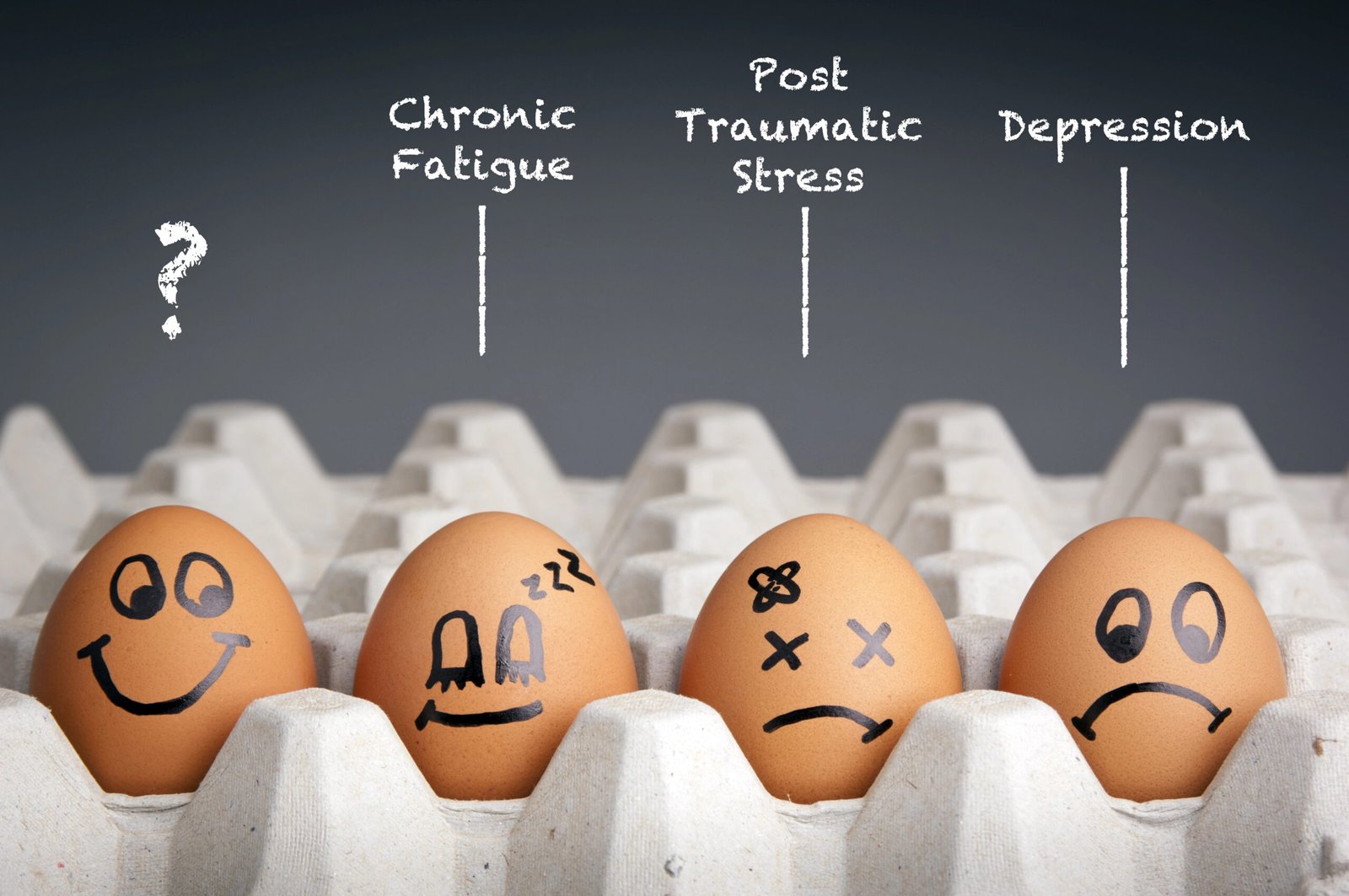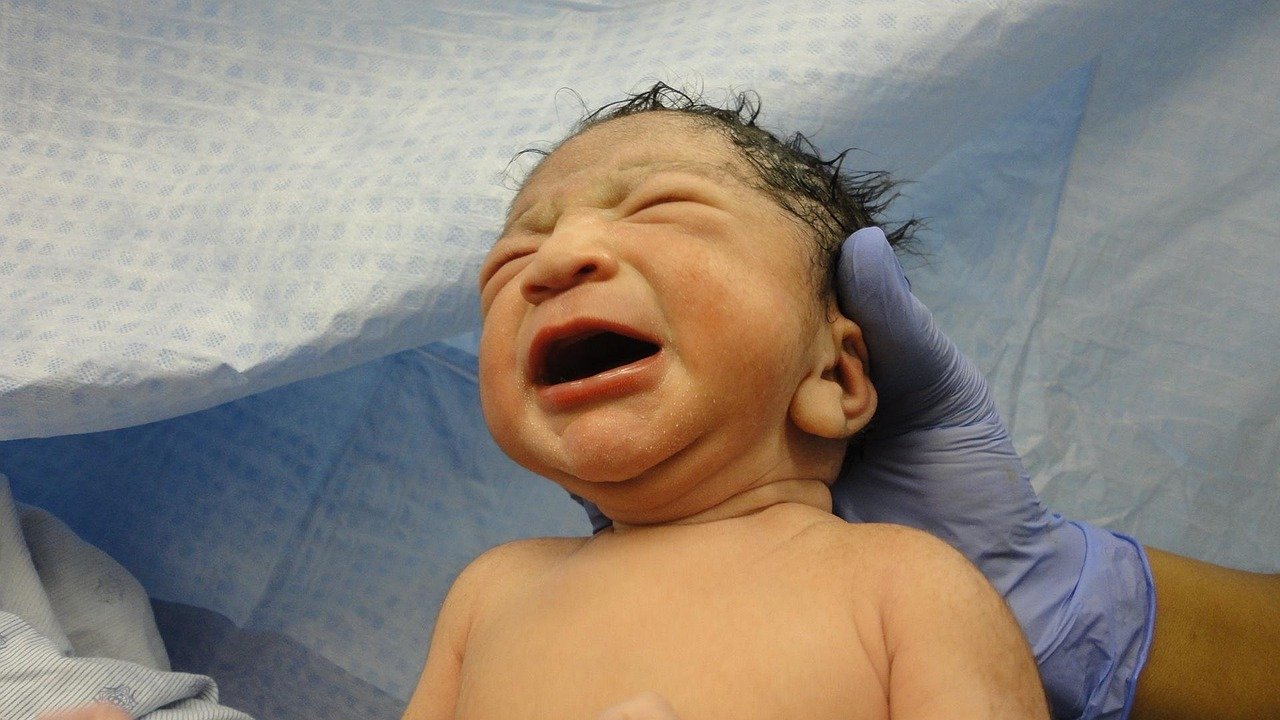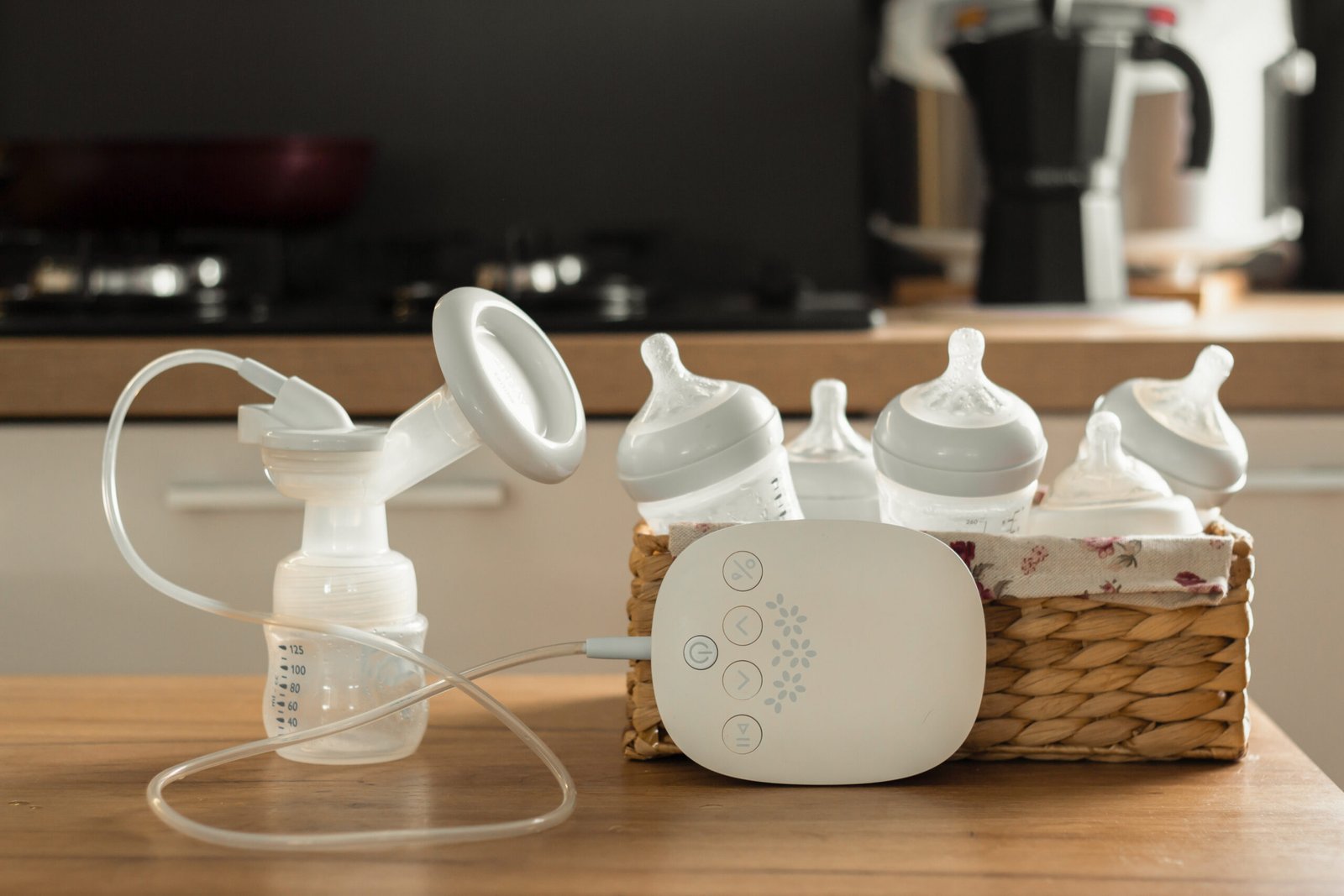Overview of Perinatal Mental Health Conditions
Perinatal mental health conditions are the number one complication of childbearing, affecting not only the birthing parent but also partners and other family members. These conditions can occur during pregnancy, after pregnancy loss, or in the postpartum period.

Prevalence and Impact
– Perinatal Depression and Anxiety: Affects 1 in 5 women and 1 in 10 men
– Higher rates in high-stress parenting situations
– Significant impact on parent-child bonding, family dynamics, and child development
– Treatable with appropriate support and intervention
Types of Perinatal Mental Health Conditions
1. Perinatal Depression
– Can occur during pregnancy, after pregnancy loss, or postpartum
– Symptoms may include persistent sadness, feelings of emptiness, withdrawal from relationships, sleep disturbances, appetite changes, and difficulty bonding with baby
– Risk factors include personal or family history of depression, lack of social support, pregnancy complications, and hormonal changes
2. Perinatal Anxiety
– Often co-occurs with depression but can exist independently
– Characterized by excessive worry, racing thoughts, feeling constantly on edge, and physical symptoms like rapid heartbeat
– May include specific fears about baby’s health and safety
3. Perinatal Obsessive-Compulsive Disorder (OCD)
– Features repetitive, intrusive thoughts (obsessions) and irrational urges to perform certain actions (compulsions)
– Often centers around fears of harm coming to the baby
– Intrusive thoughts are anxiety-based, not a break from reality
– Parents may take extreme measures to avoid triggers
4. Perinatal Post-Traumatic Stress Disorder (PTSD)
– May be caused by traumatic experiences during pregnancy, childbirth, or postpartum
– Triggers include pregnancy complications, emergency procedures, NICU stays, feelings of powerlessness during delivery
– Symptoms include flashbacks, nightmares, avoidance of reminders, and hypervigilance
5. Bipolar Mood Disorders
– Characterized by alternating periods of depression and mania/hypomania
– 50% of women with bipolar disorder are first diagnosed in the postpartum period
– Requires specialized treatment approaches
6. Perinatal/Postpartum Psychosis
– Rare but serious condition (1-2 per 1,000 births)
– Usually begins within first 2 weeks postpartum but can occur up to a year later
– Symptoms include delusions, hallucinations, extreme mood swings, confusion
– Considered a medical emergency requiring immediate intervention
Support Systems and Resources
Professional Support
1. Healthcare Providers
– Obstetricians/Gynecologists: Often first point of contact for screening
– Primary Care Physicians: Can provide ongoing care and medication management
– Psychiatrists: Specialized in medication management for mental health conditions
– Psychologists/Therapists: Provide evidence-based therapies like CBT, IPT
– Psychiatric Nurse Practitioners: Offer both therapy and medication management
2. Specialized Treatment Options
– Outpatient Therapy: Individual, group, or couples therapy
– Intensive Outpatient Programs: Structured treatment several days per week
– Partial Hospitalization Programs: Daily treatment without overnight stays
– Mother-Baby Units: Inpatient facilities where mothers and babies stay together
– Inpatient Psychiatric Care: For severe symptoms requiring 24-hour monitoring
Peer and Community Support
1. Postpartum Support International (PSI) Services
– HelpLine: 1-800-944-4773 (1 Spanish, 2 English)
– Text Support: “Help” to 800-944-4773 (English) or 971-203-7773 (Spanish)
– Online Support Groups: Facilitated by trained professionals
– Peer Mentor Program: Connects parents with volunteers who have recovered
– Chat with an Expert: Weekly calls with mental health professionals
– Provider Directory: Database of specialized perinatal mental health providers
– Support Coordinators: Help connect to local resources
2. Other Community Resources
– Postpartum Doulas: Provide practical and emotional support in the home
– Local Support Groups: In-person groups through hospitals, community centers
– Faith-Based Support: Programs through religious organizations
– Online Communities: Forums, social media groups, and apps for connection
Crisis Resources
– National Suicide Prevention Lifeline: 988
– Crisis Text Line: Text HOME to 741741
– National Maternal Mental Health Hotline: 1-833-943-5746
– Emergency Departments: For immediate safety concerns
– Postpartum depression: 1-833-TLC-MAMA (833-852-6262)
Treatment Approaches
1. Psychotherapy
– Cognitive Behavioral Therapy (CBT): Addresses negative thought patterns
– Interpersonal Therapy (IPT): Focuses on relationship issues and role transitions
– Eye Movement Desensitization and Reprocessing (EMDR): For trauma processing
– Mindfulness-Based Cognitive Therapy: Combines mindfulness with CBT techniques
2. Medication Options
– Antidepressants: SSRIs, SNRIs often first-line for depression and anxiety
– Anti-anxiety Medications: For short-term symptom management
– Mood Stabilizers: For bipolar disorders
– Antipsychotics: For psychosis or severe symptoms
3. Complementary Approaches
– Exercise: Regular physical activity shown to reduce symptoms
– Nutrition: Balanced diet supporting brain health
– Sleep Support: Strategies to maximize sleep quality
– Light Therapy: For seasonal components of mood disorders
– Mindfulness and Meditation: Stress reduction techniques
Creating a Support Plan
1. For Expectant Parents
– Prenatal Screening: Identify risk factors before birth
– Postpartum Plan: Develop written plan for support after baby arrives
– Resource Gathering: Compile contact information for support services
– Partner Education: Ensure partners understand warning signs
2. For New Parents
– Regular Check-ins: Schedule with healthcare providers
– Sleep Planning: Strategies to maximize rest
– Practical Support: Arrange help with household tasks and baby care
– Self-care Routines: Small, manageable self-care activities
3. For Partners and Family Members
– Education: Learn about perinatal mental health conditions
– Communication Skills: How to listen and validate feelings
– Practical Support: Taking on household responsibilities
– Self-care: Maintaining their own wellbeing
– When/How to Seek Help: Recognizing warning signs
Building Long-term Resilience
1. Ongoing Support
– Maintenance Therapy: Continuing treatment as needed
– Support Groups: Ongoing connection with peers
– Regular Mental Health Check-ins: Preventative care
2. Family Wellness Strategies
– Co-parenting Communication: Effective partnership techniques
– Stress Management: Family-wide approaches to managing stress
– Building Community: Creating lasting support networks
Sources
1. Postpartum Support International (PSI) – postpartum.net (2025)
2. National Institute of Mental Health (NIMH)
3. American College of Obstetricians and Gynecologists (ACOG)
4. World Health Organization (WHO) – Maternal Mental Health
5. Centers for Disease Control and Prevention (CDC) – Maternal and Infant Health
6. Substance Abuse and Mental Health Services Administration (SAMHSA)
7. https://womenshealth.gov/TalkingPPD#



